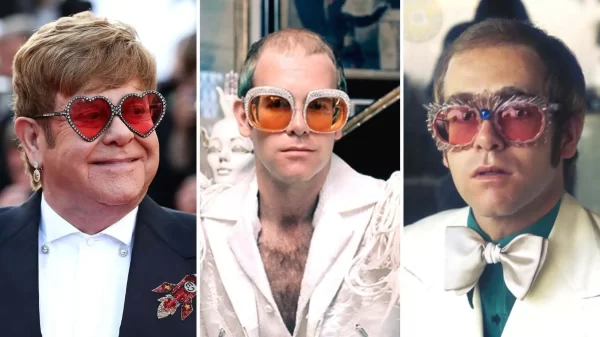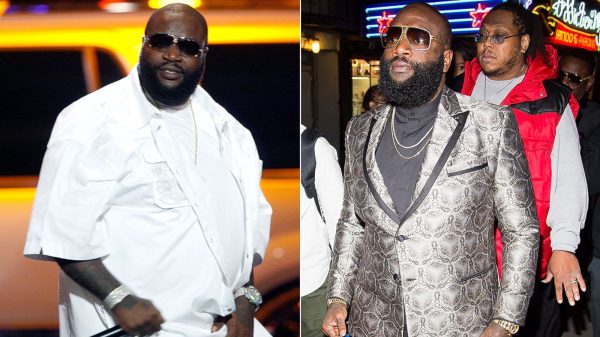Seventy-five years ago, on April 4, 1949, a moment in history was marked as the United States, Canada, and ten West European countries signed the Treaty of Washington, birthing the North Atlantic Treaty Organization (NATO).
This pact signaled the United States and Canada’s commitment to Europe’s security, aimed at containing the Soviet Union’s influence. Over the decades, NATO played a pivotal role in the Cold War’s end, contributing to the dissolution of the Soviet Union and its control over Central and Eastern Europe.
Today, NATO faces a renewed challenge from Vladimir Putin’s Russia, which seeks to extend its influence westward, a move that many see as a continuation of historic ambitions.

NATO Celebrates 75th Anniversary (Credits: San Diego Union-Tribune)
The annexation of Crimea in 2014 and the 2022 military actions in Ukraine highlight the pressing threat posed by Russia, raising concerns among NATO members about potential encroachments on the Baltic states and other Eastern European allies.
While revisiting past events may seem futile, there were attempts post-Cold War to foster a European security framework that might have forestalled current tensions with Russia.
The administrations of H.W. Bush and Bill Clinton sought to avoid treating Russia with the severity Germany faced post-World War I, aiming instead to integrate Russia into the post-Cold War security architecture.
Despite initial efforts to include Russia in European security discussions and NATO’s partnership initiatives, subsequent actions by both the West and Russia eroded these early attempts at cooperation. Russia perceived the expansion of NATO and certain U.S. policies negatively, contributing to the growing divide.

North Atlantic Treaty Organization (Credits: World Atlas)
The 2008 decision by George W. Bush’s administration to support NATO membership for Ukraine and Georgia strained relations with Russia, setting the stage for the current conflict. This move, along with other factors, has fueled Putin’s narrative that NATO seeks to encircle Russia.
As NATO supports Ukraine against Russian aggression, it’s crucial not to overlook the broader implications of these actions. While aiding Ukraine is vital, a new cold war with Russia poses risks and costs.
The geopolitical reality is that Russia, as a power, cannot be ignored. Future engagements with Russia, in the West’s self-interest, should remain open to diplomatic and non-military avenues.
NATO’s current stance must not preclude possible paths to a negotiated end to the Russia-Ukraine conflict or halt strategic stabilization efforts. While firmly supporting Ukraine, the alliance should also seek to avoid solidifying a new divisive Europe.
The task is to support Ukraine’s defense without shutting the door on future diplomacy or igniting a permanent confrontation with Russia.
























